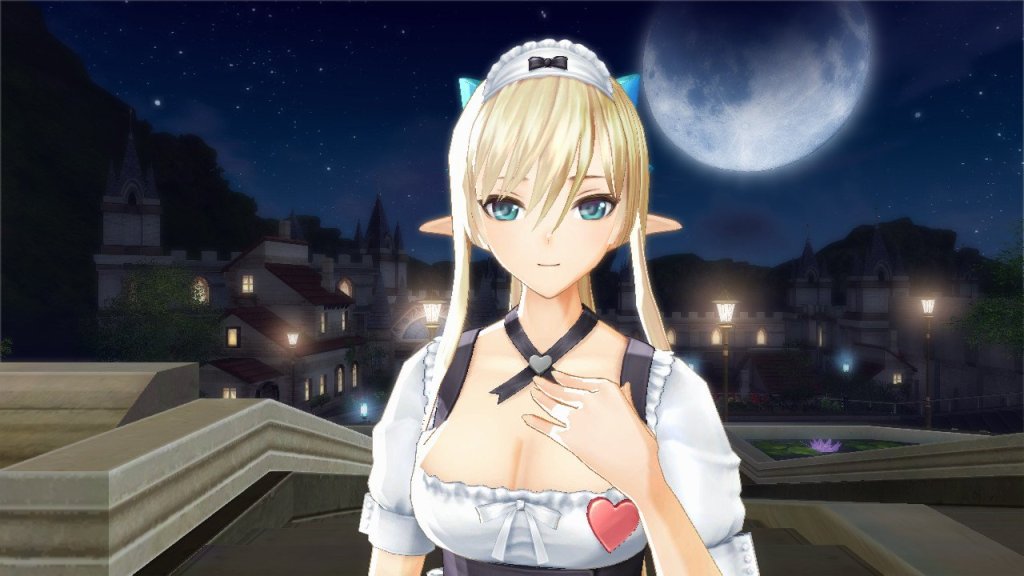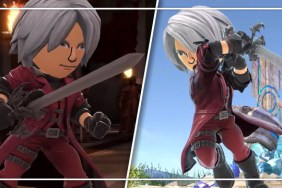Look, I really love my Japanese games, and love that they’re having a renaissance, long may it continue. But there’s a pernicious part of Japanese games that will always cause eye-rolls, and that’s fanservice.
As a term, ‘fanservice’ originated in Japanese anime and manga, which extends to anime-style games. It’s mostly about giving the fans ‘what they want’ but mostly refers to the old-fashioned…











